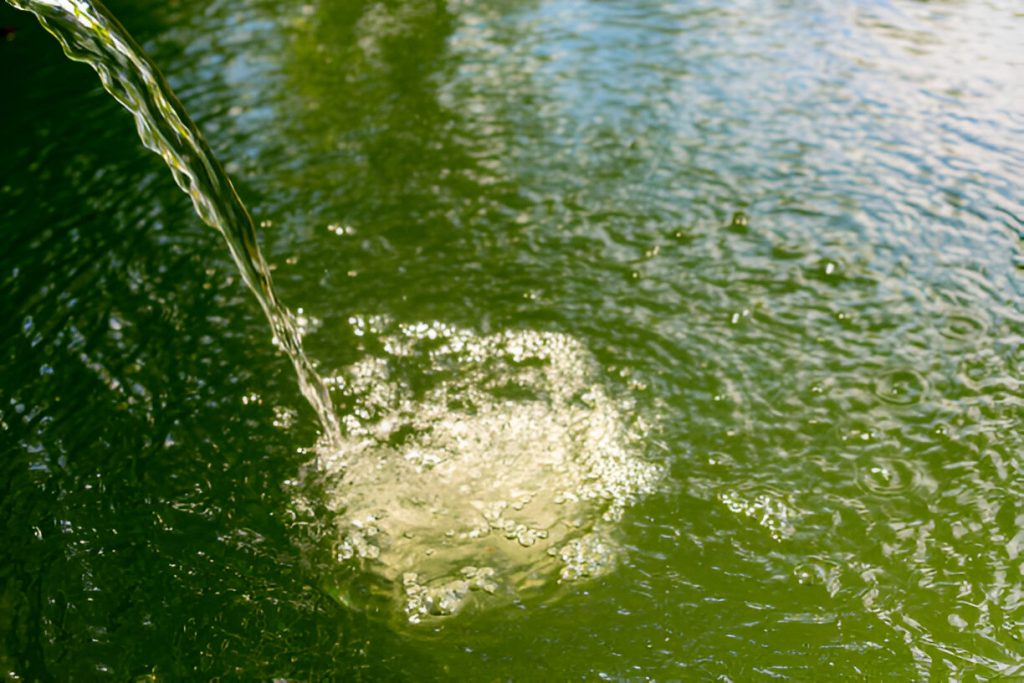
Defeating Pond Sludge for a Clearer Water Feature
Pond sludge is, of course, the bane of all pond owners, and your once beautiful water feature has turned into a mucky nightmare of leaf matter, fish waste, and algae. Left unattended, this muck will end up killing fish, stinking, and making your pond an oxygen-deprived nightmare.
Fortunately, even sludge can be addressed correctly. For top-tier cleaning tools, That Pond Guy recommends a pond hoover—a game-changer for keeping your pond pristine.
Spotting the Signs of Sludge Trouble
Until you know the problem, you cannot repair it.
Here is what to look out:
- A bad rotting egg aroma, particularly during warm weather, is an indicator of toxic gases produced by decomposing sludge.
- Discoloured, muddy water containing floating garbage indicates too much breakdown of organic waste.
- Stressed or missing fish and frogs— when they are gasping at the surface or disappearing, then there is poor water quality.
- Low oxygen or unstable pH levels— test frequently to identify the imbalances before they get too large.
Ignoring these can lead to a full-scale pond calamity, i.e., fish kills or even having to drain and rebait your pond all over again.
Effective Sludge Removal Methods
A good cleanup plan is required when sludge invades.
You may approach in the following ways:
1. Manual Removal with a Pond Hoover
- A pond hoover vacuums a sludge as it filters out the waste, giving back your pond clearer water.
- Small to medium-sized ponds, but buying may be more expensive than renting.
2. Sludge Nets for Light Build-Up
- A simple but labour-intensive way to scoop out muck by hand.
- Suits small ponds with minor sludge issues.
3. Beneficial Bacteria & Enzymes
- These natural remedies decompose organic waste, minimizing sludge with time.
- Routine dosing averts water clarity and balancing.
4. Aeration Systems for Long-Term Health
- Ponds that lack oxygen promote sludge growth. Aerators add more oxygen, which supports the good bacteria to grow
- Solar or electric options work well, depending on your pond size.
5. Seasonal Dredging for Severe Cases
- Professional dredging can be required in case the sludge is running wild.
- Professionals can clean out old layers of muck without causing harm to the ecosystem of your pond.

Preventing Future Sludge Buildup
Prevention is much better than a cure when it comes to sludge.
Try these proactive measures:
Smart Landscaping Choices
- Do not plant trees near the pond, where falling leaves – a primary source of sludge.
- Keep near trees; skim the leaves regularly to check for decay.
- Plant & gravel filtration
- Floating plants like water lilies cover the water, thus restricting the growth of algae.
- Gravel beds and minor plants trap excess nutrients, making the water clean.
Routine Maintenance Schedule
- Spring: Clear debris, aerate, check, and apply bacteria treatments.
- Summer: Check oxygen levels and algae control.
- Fall: Remove leaves and cut back on fish feeding.
- Winter: Avoid the ice-over to keep up the gas exchange.
Final Thoughts
Sludge should not ruin your pond. With the proper tools, such as a faithful pond hoover and a proper maintenance regimen, you can keep your water clear and your fish happy. To get professional care and advice, That Pond Guy has the solutions to make sludge control a walk in the park.







